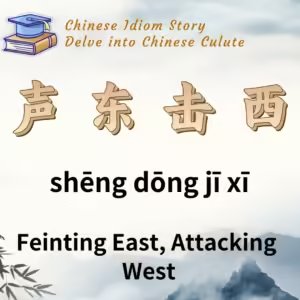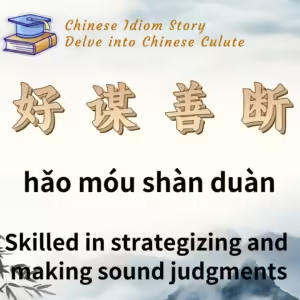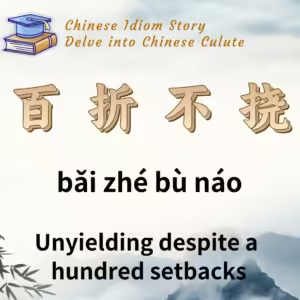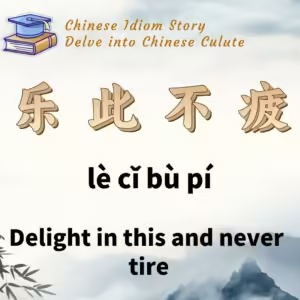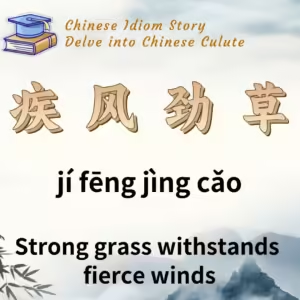
Chinese Idiom: 疾风劲草 (Ji Feng Jin Cao)
English Translation: Strong grass withstands fierce winds
pīn yīn: jí fēng jìng cǎo
Idiom Meaning: This idiom is used to describe a person’s resilience and steadfastness in the face of adversity. Just as strong grass remains unbroken during fierce winds, a person’s true strength and character are revealed in challenging circumstances.
Historical Source: Hou Hanshu · Biography of Wang Ba (《后汉书 · 王霸传》)
Idiom Story:
At the end of the Western Han Dynasty, the corrupt regent Wang Mang seized the throne, leading to widespread unrest and rebellion. One of the forces opposing Wang Mang was led by Liu Xiu (later Emperor Guangwu of Han), who raised an army to reclaim the throne for the Han Dynasty.
During one of Liu Xiu’s campaigns in Yingchuan, a young man named Wang Ba, along with several of his friends, joined Liu Xiu’s forces. Wang Ba proved himself in battle, helping to secure many victories. However, when the army moved to northern Hebei, the situation became dire, and the army faced several setbacks. Morale plummeted, and many soldiers abandoned the cause.
Despite these difficulties, Wang Ba remained loyal and stayed by Liu Xiu’s side, unwavering in his commitment. Deeply moved by Wang Ba’s dedication, Liu Xiu remarked, “Out of all the people from Yingchuan who joined me, everyone has fled except you. Just like only in fierce winds can one see which grass is truly strong, your loyalty shines through in these tough times.”
The phrase “疾风劲草” reflects the idea that a person’s true strength and loyalty are revealed only when they face difficulties. It has since been used to praise those who remain firm and resilient during challenging times, standing strong like grass in the face of a storm.


